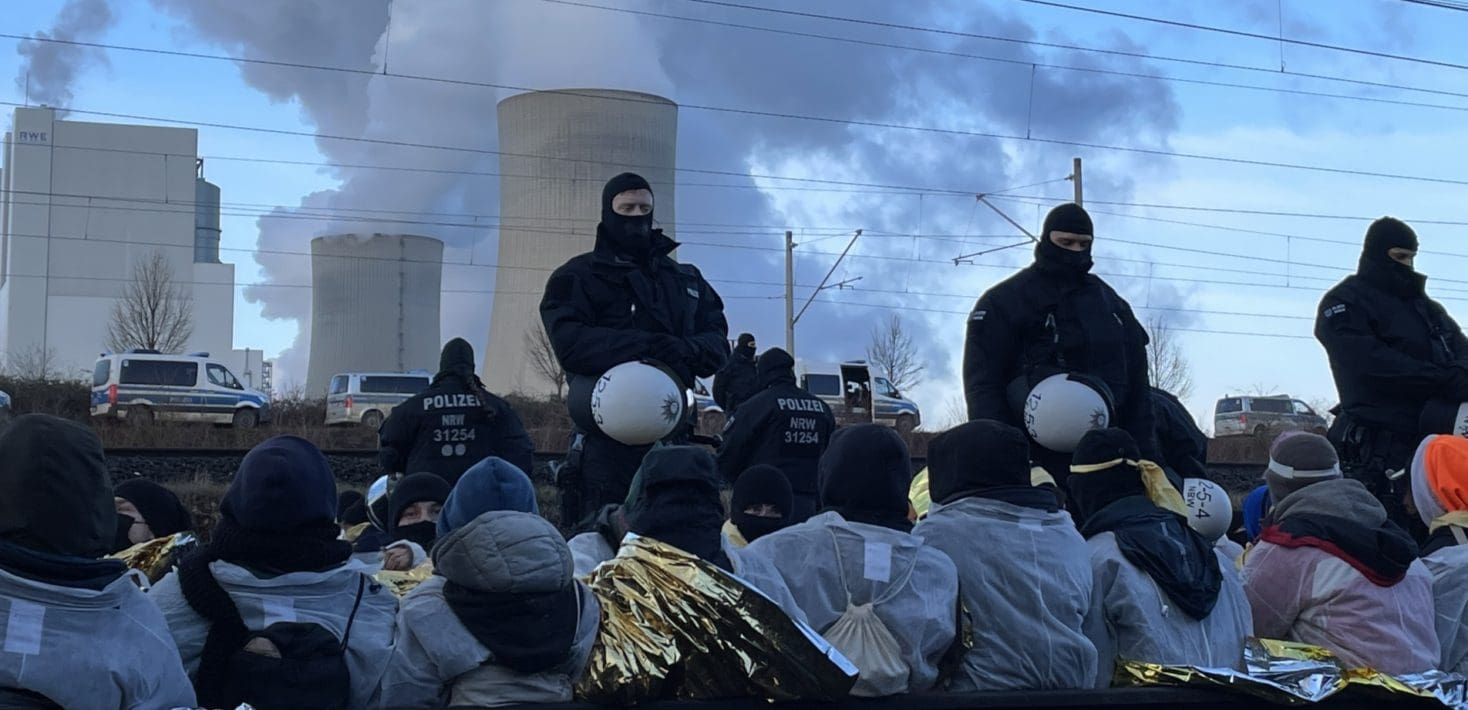Responding to an agreement reached by G7 member states today to phase out all unabated coal-fired electricity generation in the first half of the 2030s, Candy Ofime, Amnesty International’s Climate Justice Researcher, said:
“This is not the goal for coal we need and it will not deliver climate justice. Commitments put forward by G7 members – which have burnt coal for power for more than a century – to stop using this pollutant by 2035 are simply too late and weakened by unacceptable caveats.
“The end of coal power generation cannot come soon enough for those experiencing the worst effects of the climate crisis. Coal is one of the dirtiest energy sources and its burning has immense health impacts, particularly in lower income countries and among marginalized, often racialized, frontline communities globally.
“Protection of human rights requires an urgent, full, fair and funded phase out of all fossil fuels. A just and equitable phase out means ending financing for coal production and coal energy everywhere. The rights of workers in the coal industry must be protected during this transition.
“There appears to be no curb in this deal on the use of coal for steel production, which accounts for about 30% of coal consumption, and the commitment to phase out just so-called ‘unabated’ coal is misleading. Abatement relies on the use of carbon capture and storage, and other technologies such as ammonia and hydrogen co-firing with coal, which are unproven at scale and can come with other risks. Coal pollution cannot be adequately abated, and harms health and the climate whenever it is used.
“This deal must not encourage an uptake of so-called natural gas, which is mostly methane, as an energy alternative. Its exploitation is increasingly associated with releases of this hugely potent greenhouse gas, which is a major contributor to global warming.
“As the world’s highest income countries, and among those most responsible for greenhouse gas emissions, G7 states have the greatest responsibility to help lower income states to move away from all fossil fuels.”
Contact: [email protected]

